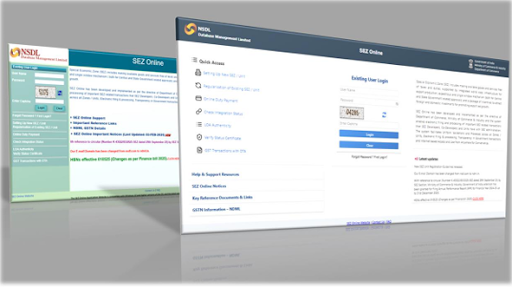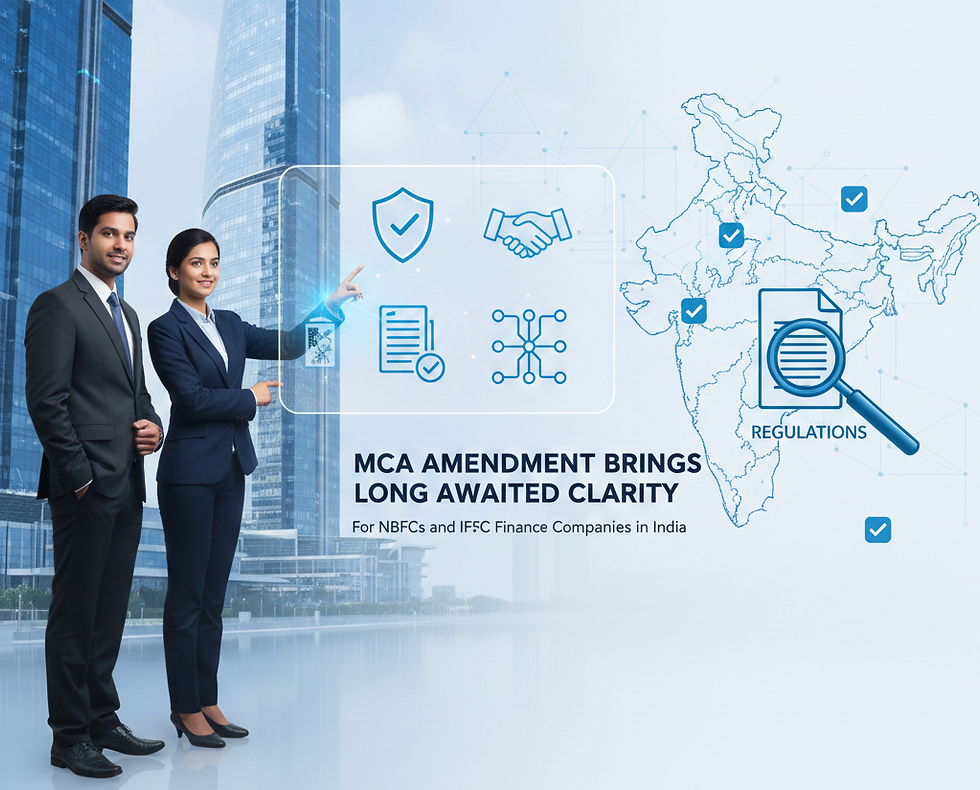IFSCA Issues Fee structure for Third-Party Fund Management Services in GIFT City
- GIFT CFO
- Sep 11
- 2 min read
Updated: Sep 12
The International Financial Services Centres Authority (IFSCA) has released a detailed fee structure for Third-Party Fund Management (TPFM) Services applicable within GIFT IFSC. This is a significant development for fund managers, asset management companies, and global investors seeking to leverage GIFT City’s regulatory framework for cross-border fund management.
🔎 Background
The IFSCA (Fund Management) Regulations, 2025 introduced the concept of Third-Party Fund Management Services, allowing entities in GIFT IFSC to provide investment management expertise to offshore funds, family offices, and institutional clients.
With GIFT City rapidly growing as an international fund management hub, clarity on the applicable fee structure is essential for:
Regulatory compliance.
Business planning for fund managers.
Attracting global investors.

Key Highlights of the Fee structure for Third-Party Fund Management Services
Application Fees
A fixed one-time application fee is prescribed for entities applying to register as TPFM service providers.
Ensures a level playing field for both new entrants and established fund houses.
Application Fee: USD 2,500 (payable at the time of application).
This ensures that only serious applicants enter the TPFM space while keeping fees globally competitive.
Registration Fees
A one-time registration fee payable upon grant of approval.
Authorization Fee: USD 7,500 (payable before grant of authorization).
This aligns with IFSCA’s approach of encouraging fund managers to establish long-term operations in IFSC.
Annual Fees
A Registered FME authorised for TPFM must pay USD 2,000 annually for each TPFM client it services.
This is payable every April for each financial year after the contract begins.
Note: This fee is in addition to the flat recurring fee of USD 2,000 already prescribed under IFSCA’s April 8, 2025 Circular.
Additional Charges
Certain transaction-based charges or approval fees may apply for expansion, renewal, or structural changes.
Helps IFSCA cover the cost of oversight and compliance monitoring.
Additional transaction-based charges and regulatory fees will apply as per IFSCA’s earlier April 8, 2025 Circular.
These include charges for approvals, renewals, modifications, and other activity-linked regulatory oversight.
Importance of the Fee Structure
Regulatory Certainty – Provides clarity for global and domestic fund managers operating in GIFT City.
Ease of Doing Business – Transparent fee schedules enhance predictability and reduce compliance friction.
Global Competitiveness – Aligns GIFT City’s fund management framework with international standards, attracting offshore funds.
Revenue Mobilization – Strengthens IFSCA’s ability to supervise and regulate effectively while keeping costs fair.
Investor Confidence – A well-structured regulatory cost system signals maturity and credibility of GIFT IFSC’s ecosystem.
Conclusion
The introduction of a clear fee framework for Third-Party Fund Management Services is a crucial milestone in positioning GIFT IFSC as a global fund management hub. By balancing transparency, competitiveness, and compliance, IFSCA ensures that fund managers—whether global asset houses or niche boutiques—can operate efficiently within GIFT City.
For fund managers, this is the right time to evaluate opportunities in GIFT IFSC, given the clarity on both regulatory and cost structures.
Disclaimer
This article and post are based on IFSCA’s circular “Fee Structure applicable for Third-Party Fund Management Services” dated September 8, 2025. The content is intended for informational purposes only and should not be construed as legal, financial, or regulatory advice. For specific compliance decisions, fund managers should consult professionals or refer directly to IFSCA’s official notifications. The author disclaims liability for any actions taken based on this summary.


























































































Comments